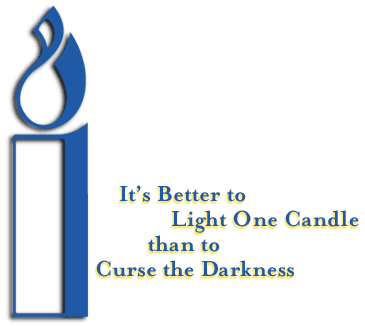Tony Rossi, Director of Communications
October 16, 2022
The Teen Who Outwitted the Nazis
While much is known about the Holocaust, the execution of Hitler’s “final solution” in Ukraine via “mobile killing squads” has received much less coverage. However, the middle grade biography “Alias Anna” brings the evils inflicted on Ukraine by both Hitler and Stalin to light, through the true story of a Jewish teenage piano prodigy who outwitted the Nazis. I recently discussed it on “Christopher Closeup” with co-authors Susan Hood and Greg Dawson, the son of the “Anna” in the book’s title, whose real name was Zhanna Arshansky.

Life for the people of Ukraine, which was then a part of the Soviet Union, wasn’t easy even before the Nazis arrived. Greg explained, “Stalin was responsible for the death of four million Ukrainians through an enforced famine in the early thirties, because Ukraine refused to get with his collectivization program for agriculture.”
Zhanna and her sister Frina, however, had an “idyllic childhood” because their gifts for playing the piano led them to schools for musical prodigies. Due to the German-Soviet Nonaggression Pact, Ukrainian Jews never learned what the Nazis were doing until Hitler broke the pact and invaded the country. Hitler’s lies about Jews being responsible for the war quickly spread, leaving some Ukrainians approving of what happened next: the slaughter of their Jewish neighbors by Nazis who would round them up, march them into a ravine, and shoot them.
Zhanna, Frina, and their parents were on a forced death march when her father bribed one of the guards to allow Zhanna to escape. She ran to the house of a friend, but when the girl’s mother opened the door and saw her, she slammed it immediately. Heartbroken, Zhanna approached the home of a school acquaintance, whose mother she feared was anti-Semitic. Shockingly, her classmate’s mother took her in. A few days later, Frina escaped as well, allowing the sisters to reunite. Greg said, “There were Christian…families in Ukraine who hid my mother and her sister at the risk of death.”
Zhanna and Frina were soon able to get forged identification papers that hid their Jewish background. They became Anna and Marina. And because of their piano talents, they became entertainers for the Gestapo and Nazi officers, even dining with them occasionally. When Greg asked his mother how she could play music for the people who killed her parents, she responded, “I wasn’t playing for them. I was playing for my mother, my father, my grandparents. I was playing for Mozart and Chopin and Brahms, and the music I loved.'”
After the war ended, Zhanna wanted to return to Ukraine, but Frina insisted they move to the United States. As it turned out, Stalin branded most of those who returned to the Soviet Union as traitors, sentencing them to exile, torture, and death. Thankfully, Zhanna and Frina escaped that fate, and their lives moved in a positive direction. Greg observed that his mother felt angry about what happened, but never bitter. “When they reached this country,” he said, “remarkably, they still were buoyant. They were still in love with performing.”
Susan added, “I was so struck by [the girls’] talent and how music and the arts saved them. They end up making it all the way to New York and get full scholarships to Juilliard. It’s such a triumphant story…I would love for kids to take away Zhanna’s courage and resilience. She faced some of the most horrible things that could happen to a human, and she stayed true to herself, true to her sister.”
